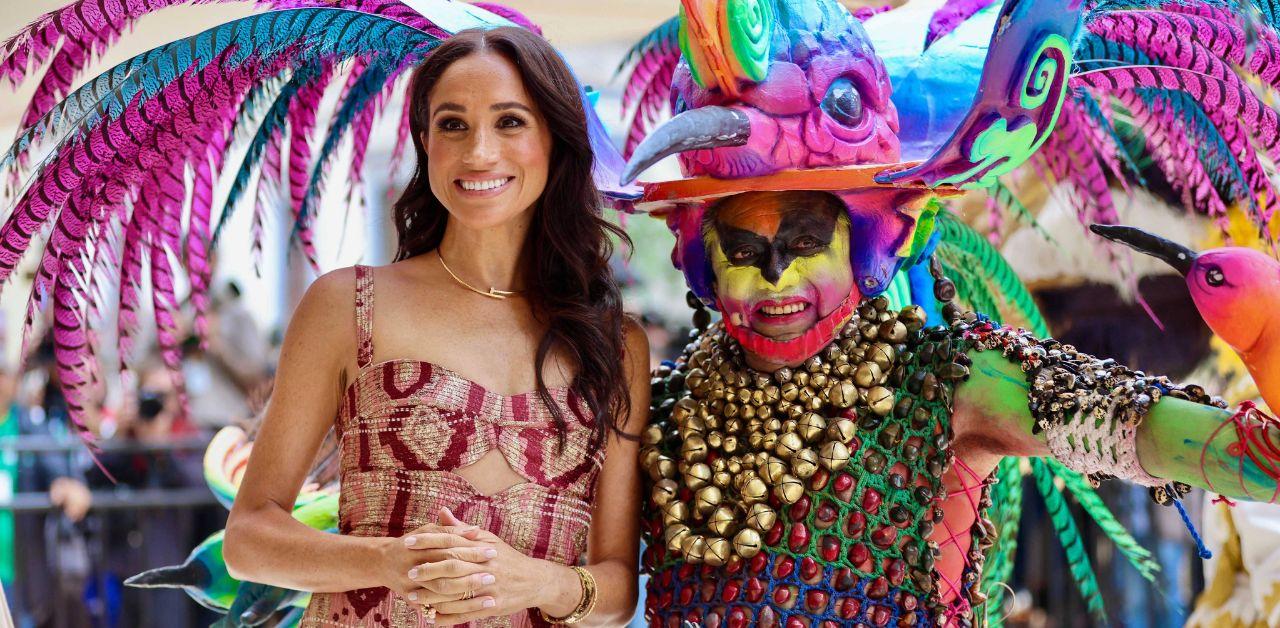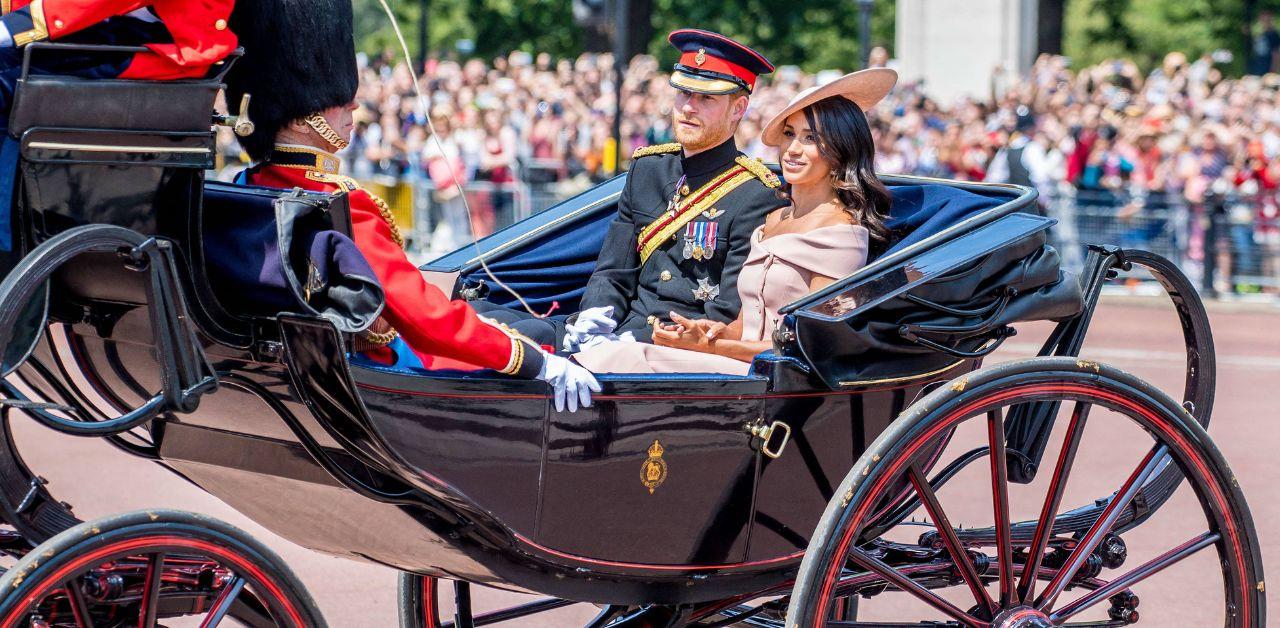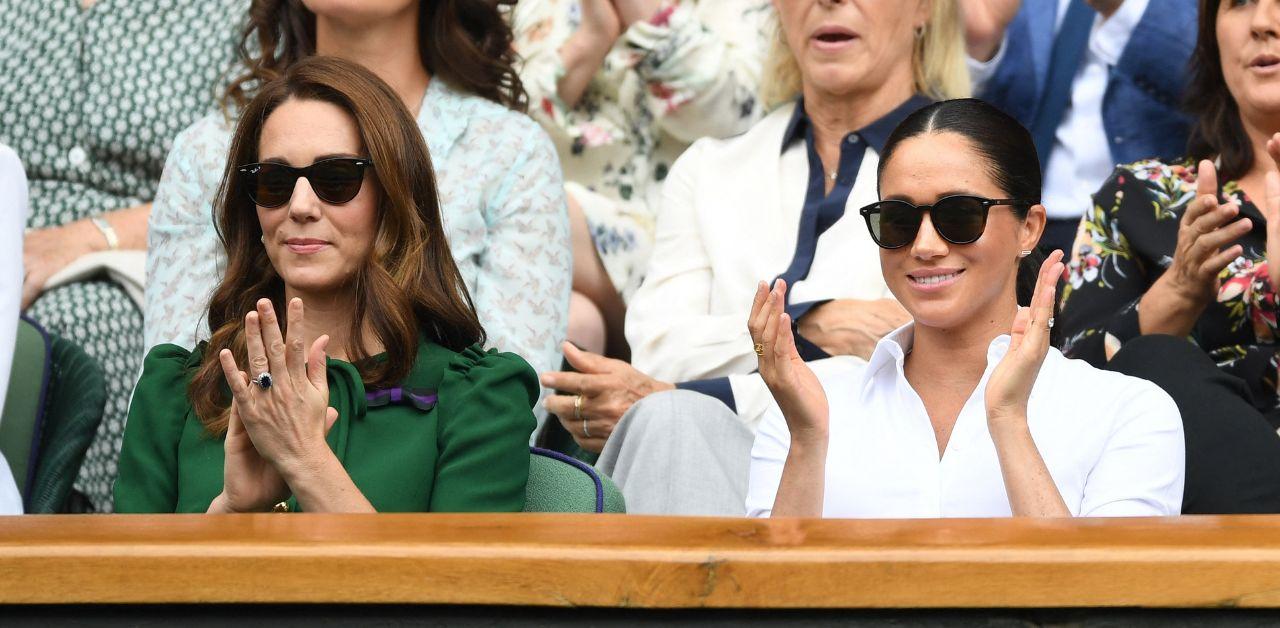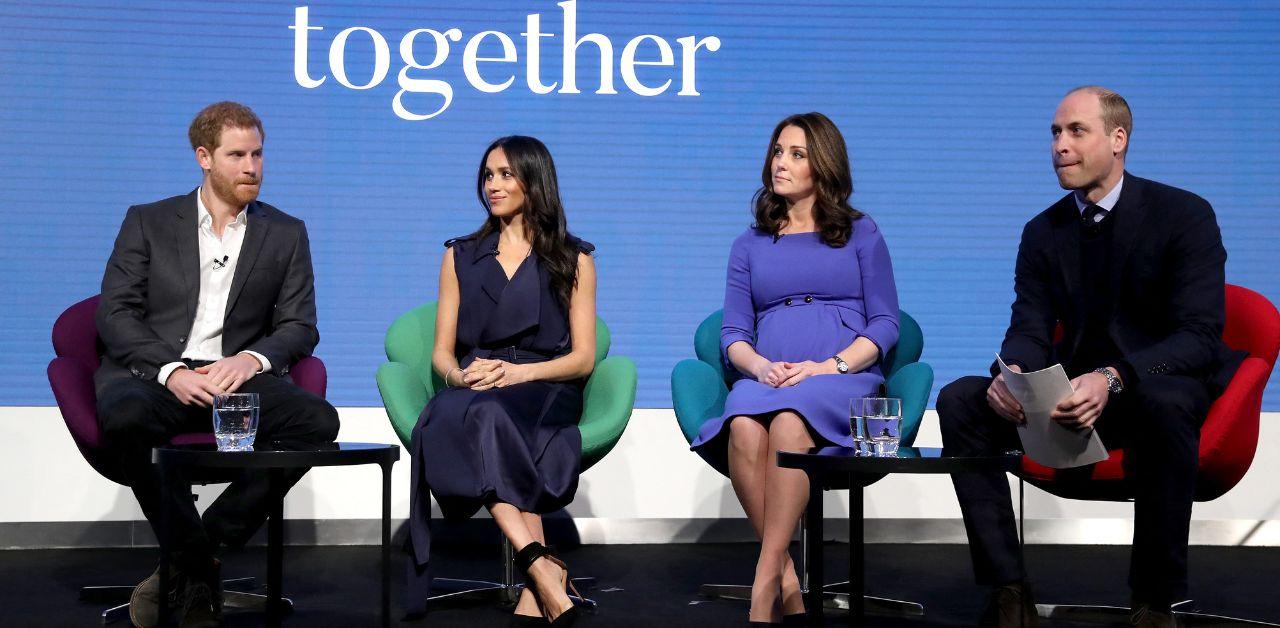News, Celebritiy
Meghan Markle ‘Deeply Regrets’ Portraying Her Famous In-Laws as Racists
In 2021, Meghan Markle’s tell-all interview with Oprah Winfrey cast the royal family in a light of bigotry.

However, three years later, an insider reveals that the Duchess of Sussex did not anticipate that her remarks would lead the public to view her famous in-laws as “racists.”

According to the insider, Meghan’s statements “weren’t received as she had hoped and several comments have backfired.” The source added, “Meghan intended for the Oprah interview to focus on her mental health. She now regrets her 2022 interview with The Cut, which she feels gave her critics more ammunition.”

When Prince Archie was born, he did not receive a royal title due to his position in the line of succession. Meghan suggested this was partly because of his African American heritage. During the Oprah interview, she shared, “During my pregnancy, there were concerns and conversations about how dark his skin might be when he was born, along with discussions about him not receiving a title or security.”
Biographer Angela Levin claimed that Meghan now regrets her portrayal of the royals. Levin told GB News, “She deeply regrets how she depicted the royals and is very sorry for labeling them as racist.” Levin added, “I don’t know if I believe it, but it’s too late now. Everyone has realized that those claims were unfounded. It was very cruel, and it was very painful for the Queen.”

Following Meghan and Harry’s interview, the royal family issued a statement addressing the race concerns. They said, “The issues raised, particularly that of race, are concerning. While some recollections may vary, they are taken very seriously and will be addressed by the family privately.”
Royal biographer Robert Hardman revealed that Kate Middleton played a crucial role in crafting the palace’s response. “The original draft was much milder, but both William and Catherine wanted a stronger statement,” Hardman said. “It was Kate who suggested the phrase ‘recollections may vary,’ and her husband also addressed the allegations, asserting, ‘We are very much not a racist family.'”
In his memoir, *Spare*, Prince Harry distinguished between racism and unconscious bias. He stated on ITV, “The difference between racism and unconscious bias is significant. Once unconscious bias is acknowledged, there’s an opportunity to learn and grow from it, to be part of the solution rather than the problem. Otherwise, unconscious bias becomes racism.”
Despite Harry’s clarification, his comments faced criticism given the monarchy’s colonial history. Meghan Tinsley, a Presidential Fellow in Ethnicity and Inequalities at The University of Manchester, argued that unconscious bias, while useful for understanding personal and institutional racism, should not be viewed as less harmful than racism itself.
